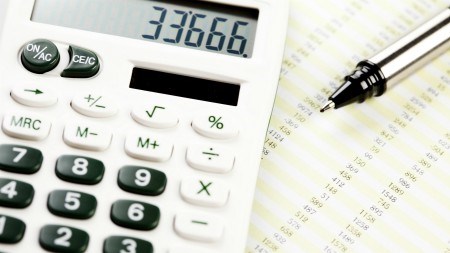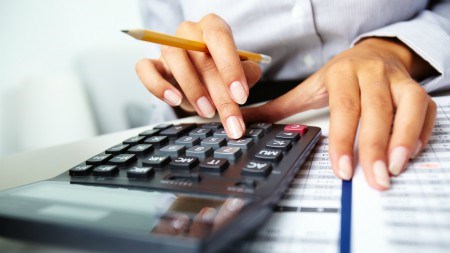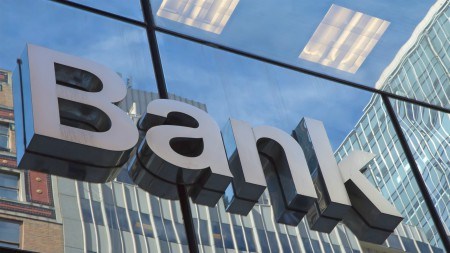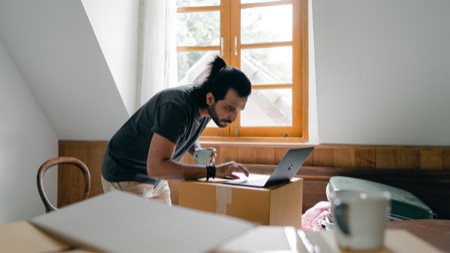It’s important to have an emergency fund to tap into when you might be without an income for a while.
The COVID-19 pandemic has plunged countless families into financial difficulties, as many breadwinners are unable to work – either because of the national lockdown, or because they have contracted the virus. Without an emergency fund in place, many home owners are struggling to meet their bond repayments and other financial commitments. Banks are offering payment holidays and other relief measures during the pandemic, and this is obviously a huge help. But cash flow is vital for survival and unfortunately bank relief programmes won’t cover all your living expenses.
What is an emergency fund?
An emergency fund is cash that you’ve saved up for the express purpose of helping you maintain your normal life throughout any crises life might hand you. It creates a financial buffer that can keep you afloat in times of need without having to rely on credit cards or take out high-interest loans. An emergency fund is particularly important if you have debt, because it can help you avoid borrowing more. Having something in reserve can mean the difference between weathering a short-term financial storm or going deep into debt.
You shouldn’t touch the emergency fund at all – the money just stays in your account, earning a bit of interest - until you really need it.
How much to save
The right amount to maintain in the fund depends on your financial circumstances, but a good rule of thumb is to have enough to cover three to six months’ worth of living expenses. This will help to cover your day-to-day expenses and meet your monthly obligations if you can’t earn an income. You can use the money to pay for necessities while you find a new job, or the funds could supplement your unemployment benefits.
Taking stock
Before setting up your emergency fund, you need to gain a better understanding of your spending habits.
- Start by writing down what you spend your money on every month – even the smallest expenses – and then split this into debt repayments, essential expenses and non-essentials such as eating out.
- Decide which of the non-essentials are important to you and which you could give up. You may be able to cut back and put the money you save into your emergency fund. The more you can cut back, the quicker you will be able to reach your goal.
For example, if you are able to reduce expenses to 80% of take home pay and save the other 20% it will take you about a year to build up your emergency fund.
Budget realistically
Making allowance for savings is important, but you also need to budget for things that you enjoy, otherwise you run the risk of spending money you don’t have. If you budget for these non-essential expenses, you can adjust your other monthly expenses to allow for non-essentials. Don’t make the mistake of spending a lot of money on little things, which you may not even be able to recall at the end of the month. It’s far more rewarding to budget your money so you can save up for a real treat.
Where to keep it
Because a crisis can arise at any time, having quick access to your emergency fund is crucial. A savings account with a high interest rate and easy access is ideal. But this account must be separate from the bank accounts you use daily, so you won’t be tempted to dip into your reserves. As soon as you receive your salary, transfer the amount you have decided on into a separate savings account. Even more effective would be to set up a stop order so that a fixed amount automatically goes into that account every month.
Assess your contributions every few months to see how much you’re saving, and adjust if you need to add more. This is especially important if you experience an emergency that causes you to dip into your existing reserves.
Start now
It’s a good idea to make building an emergency fund your top savings priority. One way to give your fund an immediate boost is to deposit part or all of your tax refund and any bonuses received during the year into the account.
And remember that every little bit helps – anything you decide to save each month is better than nothing.




